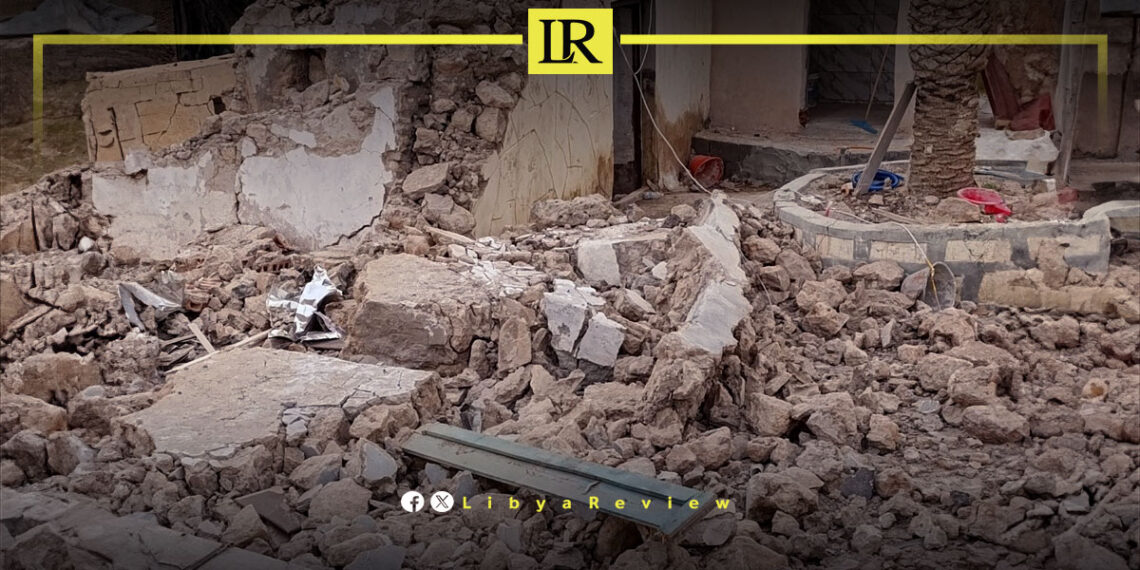The bombing of historic mosques by extremist groups has once again shaken Libya, with the latest attack targeting the Atiq Mosque in Shakshouk on Monday night. The perpetrators justified their actions with false claims of a shrine existing within the mosque, an accusation firmly denied by local officials and the mosque’s community.
The Atiq Mosque’s official Facebook page issued a statement refuting the rumors, asserting that no shrines or graves are present within the mosque. The statement highlighted the mosque’s deep historical significance, being over 400 years old and one of Libya’s oldest religious landmarks. Recently restored by local youth, the mosque serves as a testament to the town’s rich history and has become a hub for Quranic education.
Currently, the mosque hosts 40 students across morning and evening sessions, many of whom have memorized significant portions of the Quran. The restoration of the mosque was celebrated as a milestone in preserving cultural heritage and fostering education in the region.
The attack, described as cowardly, caused widespread destruction. It destroyed the students’ Quranic boards, the water well, the electrical system, and caused structural damage, including cracks to classrooms and shattered windows. According to the mosque’s statement, the bomb was detonated in the very room where students prepare their wooden boards for the next day’s lessons. Just hours before the bombing, at around 9 PM, students had been cleaning their boards with clay.
This incident is not an isolated event. Libya has witnessed numerous attacks on mosques and the desecration of graves by extremist groups in recent years. Prominent examples include the destruction of shrines and graves of revered figures, such as the companions of the Prophet in Derna and an Ottoman leader in Tajoura. These groups claim their actions are aimed at preventing grave visits and eliminating landmarks linked to saints and other religious figures.
The bombing of the Atiq Mosque is a stark reminder of the ongoing threat posed by extremist ideologies in Libya. It underscores the challenges faced by communities striving to preserve their cultural and religious heritage in the face of such destructive acts. Despite the devastation, the resilience of the local community remains evident as they continue to rebuild and resist extremist narratives.


